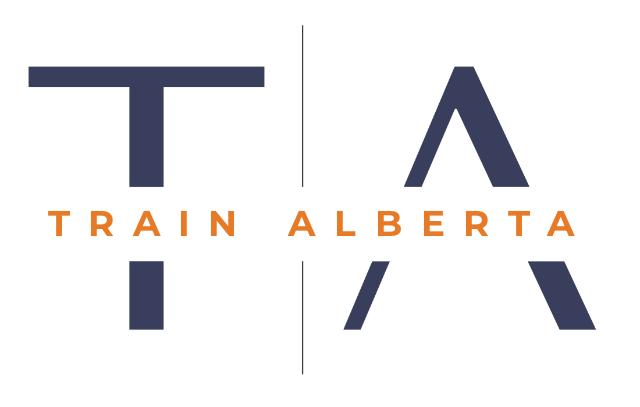In today's fast-paced work environments, many teams are silently struggling—burnout is rising, communication feels strained, clients no longer engage the way they once did. Often, we try to fix these issues with productivity tools or new policies. But what if the root of the problem is deeper?
Trauma-informed practice helps individuals and organizations recognize how trauma—both personal and collective—can impact behavior, relationships, and workplace culture. It equips staff with the tools to respond with empathy, clarity, and professionalism.
So, how do you know if your workplace could benefit from this approach?
Here are five subtle (but important) signs:
1. High Burnout and Staff Turnover
If your team is constantly overwhelmed, emotionally drained, or cycling through staff regularly, it may signal deeper issues than just "too much work." Trauma-informed practice helps leaders understand the emotional toll certain environments can take—and how to create systems of support and psychological safety.
2. Frequent Miscommunication or Conflict
Are you noticing a breakdown in team dynamics or constant misunderstandings with clients or coworkers?
3. Clients or Service Users Seem Withdrawn or Distrustful
Whether you work in education, childcare, healthcare, or community services—client relationships matter.
If clients are disengaged, guarded, or "hard to reach," trauma-informed training offers tools to build trust and respond in a way that honors lived experiences without re-traumatizing individuals.
4. Leaders Are Unsure How to Support Staff During Stress or Crisis
Leadership today goes beyond operations—it requires emotional intelligence. A trauma-informed lens helps managers understand what support looks like in high-stress moments, how to check in without overstepping, and how to model healthy regulation.
5. A “One-Size-Fits-All” Approach to Challenges Isn’t Working Anymore
Traditional training often fails to consider the diverse experiences people carry with them—especially those affected by trauma, grief, or systemic barriers. Trauma-informed practice invites flexibility, empathy, and individual responsiveness—skills that benefit everyone.
The Bottom Line: Trauma-Informed Practice Is About People, Not Problems
This isn’t just a course—it’s a mindset shift. A trauma-informed workplace is one where people feel safe, seen, and supported—leading to stronger teams, better client outcomes, and a more resilient organization overall.
Train Alberta’s Trauma-Informed Practice Micro-credential course is designed for professionals across sectors who want to improve communication, reduce harm, and lead with empathy.
✨ PD funding available for those working in the childcare industry.


